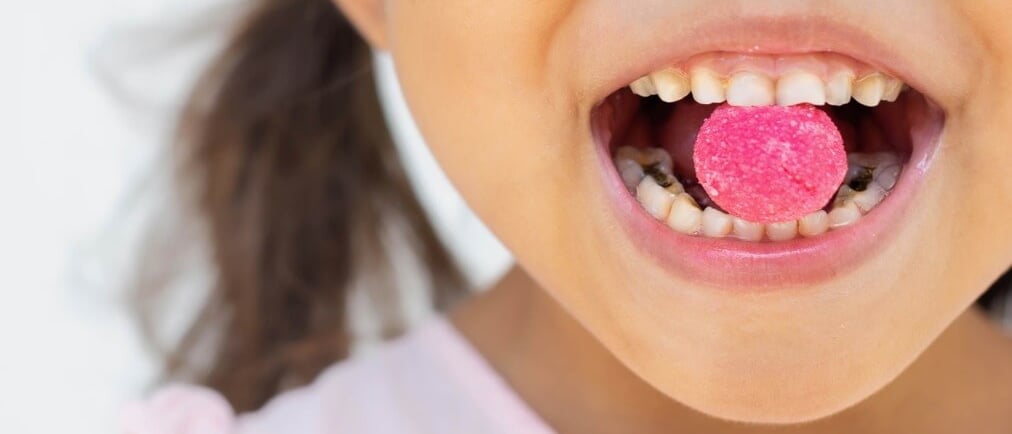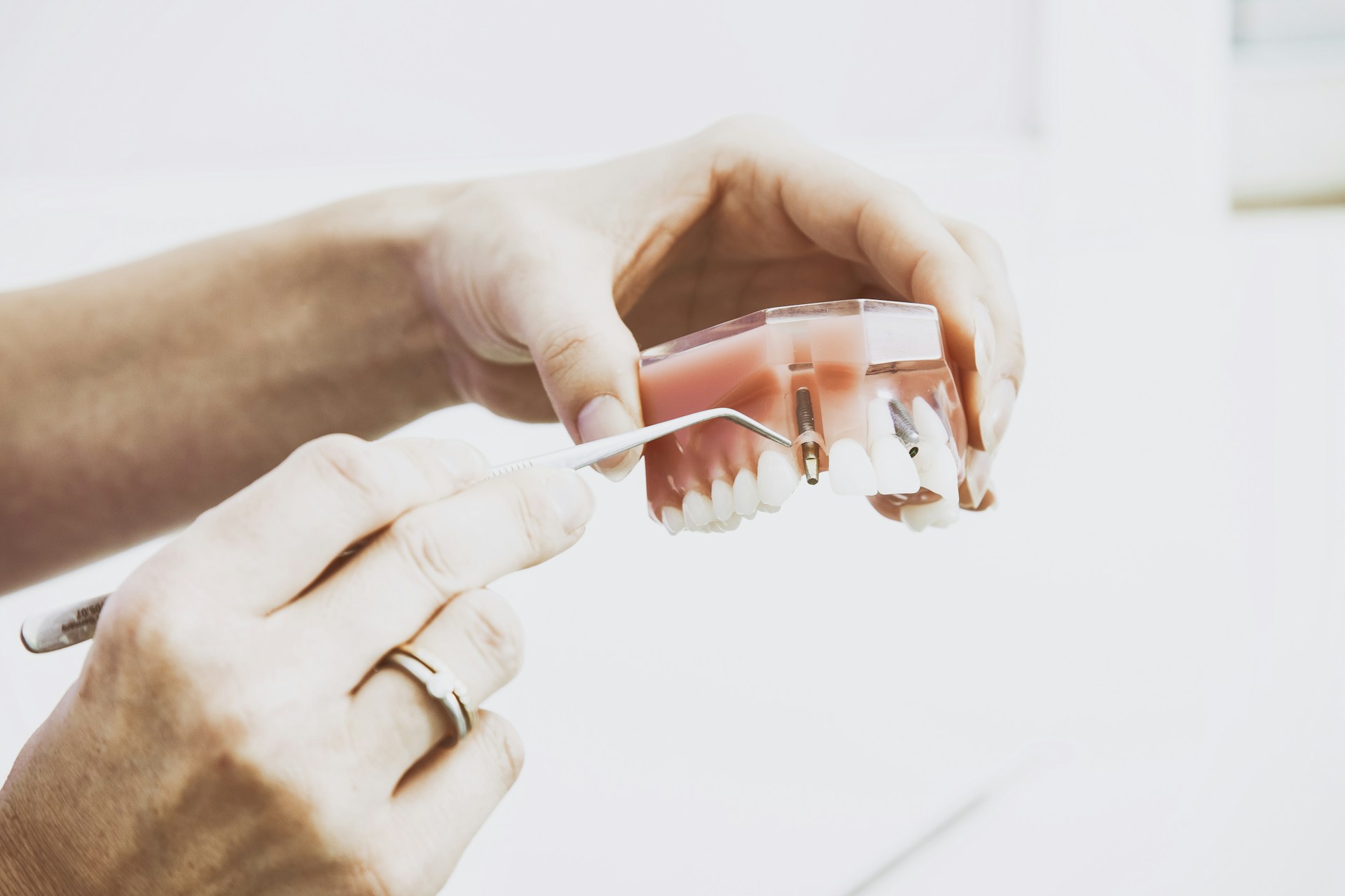The Rapid Progression of Cavities in Your Child's Teeth
Discover the reasons behind the rapid progression of cavities in your child's teeth. Visit our blog to learn more about the causes of decaying teeth in children and how to prevent them.
4/23/20243 நிமிடங்கள் வாசிக்கவும்


Understanding the Causes of Rapid Tooth Decay in Children
As a parent, it can be disheartening to see your child's teeth decaying at a rapid rate. Tooth decay, also known as dental caries, is a common problem among children.
Several factors contribute to this issue, including poor oral hygiene, unhealthy eating habits, and genetic predisposition. Understanding the causes can help you take preventive measures to avoid decay in your child's teeth.
Poor Oral Hygiene
One of the primary reasons for rapid tooth decay in children is poor oral hygiene. Children may not brush their teeth properly or consistently, allowing plaque to build up on their teeth.
Plaque is a sticky film of bacteria that produces acids, which attack the tooth enamel and lead to decay. Encouraging your child to brush their teeth at least twice a day with fluoride toothpaste and teaching them proper brushing techniques can significantly reduce the risk of decay.
Unhealthy Eating Habits
Another major contributor to tooth decay in children is their diet. Consuming excessive amounts of sugary foods and drinks, such as candies, sodas, and juices, increases the risk of decay.
The bacteria in the mouth feed on sugars, producing acids that erode the tooth enamel. Limiting your child's intake of sugary foods and encouraging them to choose healthier options, such as fruits, vegetables, and dairy products, can help prevent decay.
Genetic Predisposition
Some children may be more prone to tooth decay due to genetic factors. If you or your partner have a history of dental problems, your child may inherit a higher risk of decay.
It is essential to be aware of this predisposition and take extra precautions to protect your child's teeth. Regular dental check-ups and cleanings, along with proper oral hygiene practices, can help minimize the impact of genetic factors on tooth decay.
Frequent Snacking
Continuous snacking throughout the day exposes teeth to constant sugar and acids, increasing the risk of decay. Sticky or sugary snacks like candies, fruit snacks, and sodas are particularly harmful.
Lack of Fluoride
Fluoride helps strengthen tooth enamel and makes it more resistant to acids. Children who don't receive enough fluoride, either through water, toothpaste, or fluoride treatments, are at higher risk of tooth decay.
Bedtime Bottles
Letting children fall asleep with a bottle of milk, formula, juice, or any sugary liquid can lead to "baby bottle tooth decay." The sugars from these liquids pool around the teeth, promoting decay.
Preventive Measures to Avoid Decay in Children
Preventing tooth decay in children requires a combination of good oral hygiene practices and healthy lifestyle choices. Here are some preventive measures you can take:
Teach your child proper brushing techniques and ensure they brush their teeth for at least two minutes, twice a day.
Supervise your child's brushing until they are old enough to do it effectively on their own.
Encourage your child to floss daily to remove plaque and food particles from between their teeth.
Limit your child's consumption of sugary foods and drinks, especially between meals.
Offer healthier snack alternatives, such as fresh fruits, vegetables, and cheese.
Ensure your child drinks plenty of water, as it helps rinse away food particles and neutralize acids in the mouth.
Schedule regular dental check-ups and cleanings for your child, starting from an early age.
Consider the use of dental sealants, which provide an extra layer of protection against decay.
By following these preventive measures and maintaining a consistent oral care routine, you can significantly reduce the risk of rapid tooth decay in your child.
Remember, early intervention and regular dental care are key to ensuring your child's oral health and preventing future dental problems.




Contact Smiles
drdeepi15@gmail.com
Have doubts ..?
